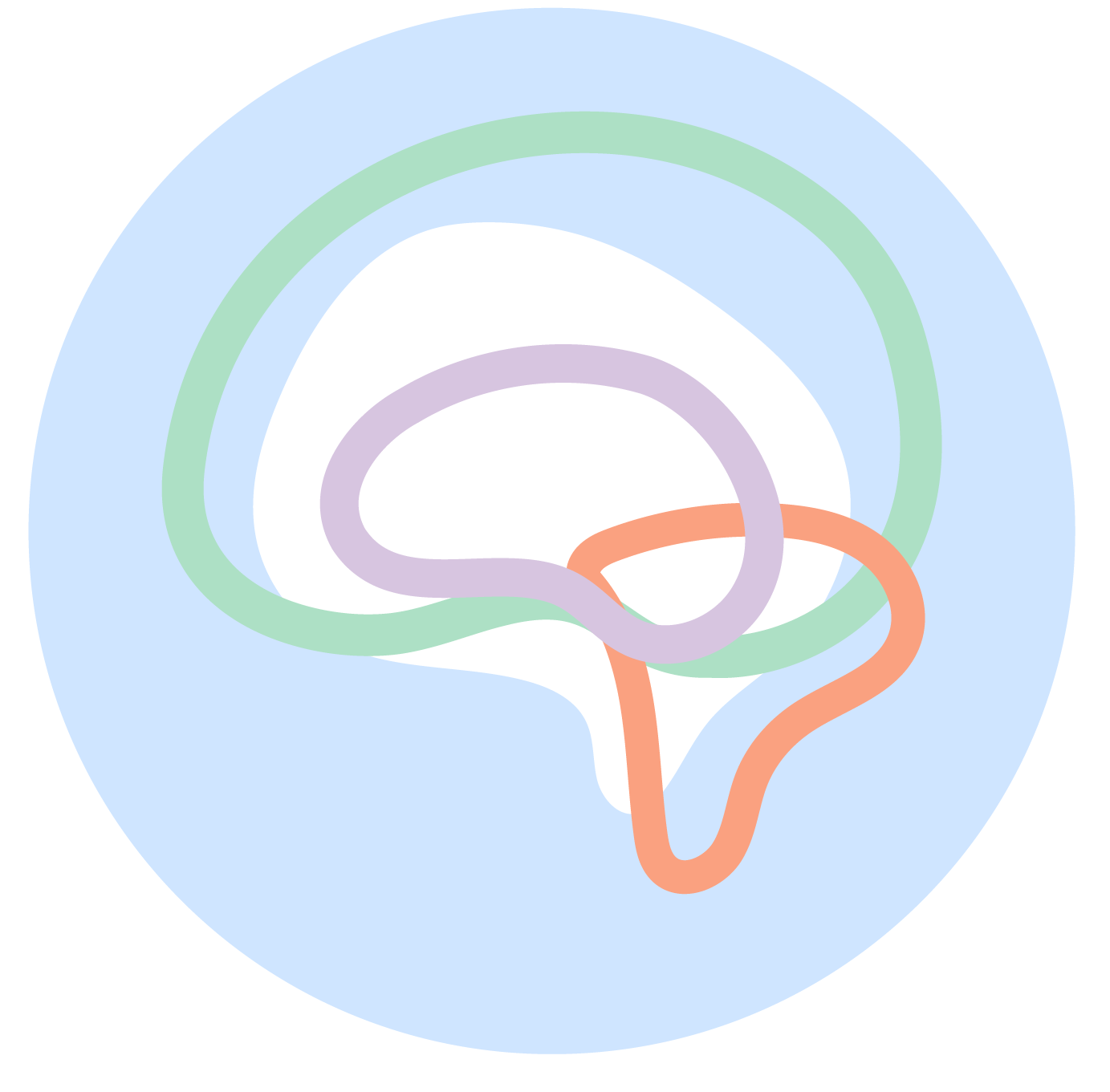Honoring Black History Month
This February, My Good Brain honors the incredible contributions and accomplishments of Black psychologists and educators who led the way in challenging injustices to improve children’s mental health. As our world continues to navigate an ongoing pandemic, we are also witness to social injustices and discrimination further exacerbating inequities that marginalized communities have and continue to face. Several leading pediatric organizations have declared a national state of emergency for child and adolescent mental health and access to mental health services continues to be a barrier. It goes without saying – we must move the work forward… and we all play a part.
As we look to the past, we can better inform our future. Read on to learn more about the legacy some of the pioneers of the psychology field left behind as a north star to the future that is possible.
Francis Sumner, PhD
Often referred to as the “Father of Black Psychology,” Francis Sumner was America’s first Black psychologist. An advocate for justice, Dr. Sumner centered his work around eliminating racial bias and targeted systems-level change within both the education and justice systems. Dr. Sumner was also an educator – teaching Kenneth Clark at Howard University – and helping to revamp and improve the department of psychology for future students. His work around race psychology laid the foundation for future work in the field and supported the development and promotion of improved access and better education for the Black community.
Mamie Phipps Clark, PhD & Kenneth Clark, PhD
Mamie Phipps Clark focused her work on the intersection of racial identity and self-esteem and developed research methodology that bridged the study of child development and racial prejudice. Later, Dr. Mamie Phipps Clark met her husband, Kenneth Clark, who partnered with her to further expose internalized racism and inequities within the education system. Their work shed a light on the importance of a positive self-identity that celebrates and honors the many dimensions of diversity our identities represent. Spanning into the time of the Civil Rights Movement, their research was instrumental in bringing awareness to the social and economic barriers Black children and families face, and Mamie’s research and testimony later played a role in ending school segregation via the 1954 case of Brown v. Board of Education. The Clark’s were pioneers of the psychology and child development fields through their continued research, clinical work, and advocacy centered around dismantling social barriers to success.
Inez Prosser, PhD
Dr. Prosser was America’s first Black female psychologist. With a passion for education, Dr. Prosser turned her experience in the classroom to research aimed at improving the education system and challenging segregation. Her work emphasized the impact of safe and supportive learning environments on children’s self-esteem and is cited in many policies and practices today – continuing to serve as a critical voice for challenging the inequities Black students face.
Mental health is health – and everyone should have access to the resources and support needed for a happy, healthy life. We all play a role in creating and upholding this vision to ensure our children have the opportunity to reach their fullest potential and celebrate the many unique elements of what makes them – them.
Resources & Support
If you or a loved one is in need of support, help is available. Text HOME to 741741 to reach the Crisis Text Line or call 800-273-TALK (8255) to reach the Suicide Prevention Lifeline. You are not alone.



